
In April 2023, NeurologyLive® is spotlighting a clinician in neuromuscular diseases, Michelle Mauermann, MD, chair of the division of neuromuscular medicine at Mayo Clinic.

In April 2023, NeurologyLive® is spotlighting a clinician in neuromuscular diseases, Michelle Mauermann, MD, chair of the division of neuromuscular medicine at Mayo Clinic.

Take 5 minutes to catch up on NeurologyLive®'s highlights from the week ending April 28, 2023.
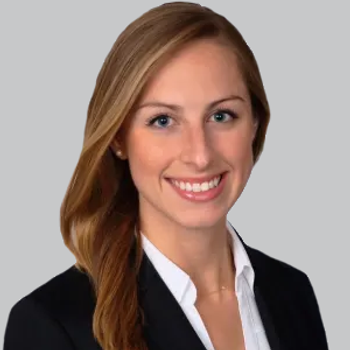
Kimberly O’Neill, MD, pediatric neuroimmunology fellow at NYU Langone, discussed her presentation at the 2023 AAN Annual Meeting focused on cognitive similarities between pediatric and adult MS.
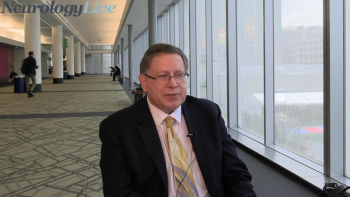
The president elect of the Association of University Professors of Neurology discussed the benefits of working in neurology and the ways to not only attract new clinicians, but keep those already in the field. [WATCH TIME: 3 minutes]
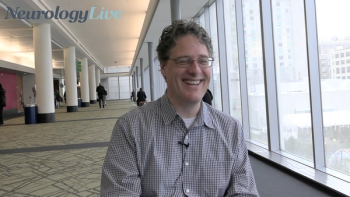
The director of the Massachusetts General Hospital ALS Care Center discussed the importance of effective disease-modifying therapies for ALS and the potential of CNM-Au8 in the management of the disease. [WATCH TIME: 2 minutes]
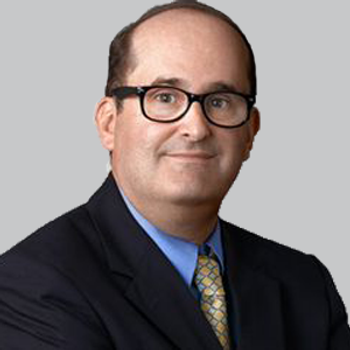
Q-Motor, an objective measure of motor function, showed robust beneficial effects for individuals treated with pridopidine in PROOF-HD at various time points.
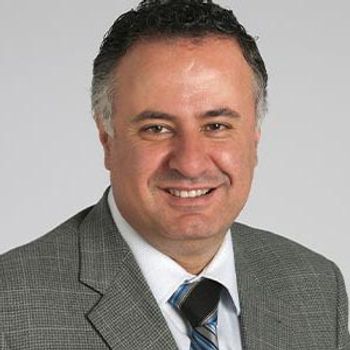
The director of Cleveland Clinic's Epilepsy Center at the Cleveland Clinic Neurological Institute shared his insight into the findings of the World Brain Study, 15 months after its initiation.
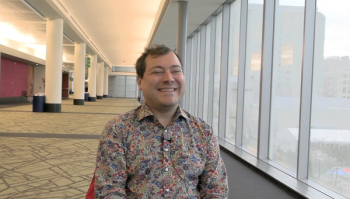
The head of the MS Center at Methodist Hospitals and assistant professor of neurology at Indiana University discusses the factors that affect the clinical care of LGBTQ+ patients with MS. [WATCH TIME: 4 minutes]

Inhibition of serum free complement 5 with ravulizumab was sustained throughout the treatment period according to a pharmacokinetics and pharmacodynamics analysis.
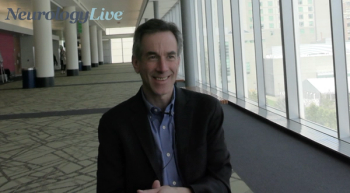
The professor of neurology at Boston University Chobanian & Avedisian School of Medicine talked about diagnostic tools and using memory aids for patients with cognitive impairment at the 2023 AAN Annual Meeting. [WATCH TIME: 7 minutes]
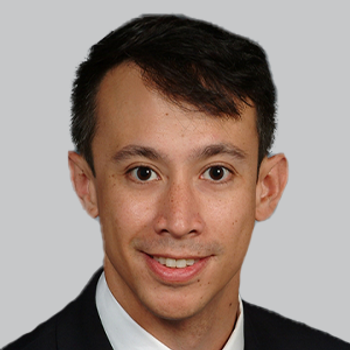
Minoryx's leriglitazone showed a decrease in matrix metalloproteinase-9 concentrations in pediatric patients with cerebral adrenoleukodystrophy, according to a 24-week analysis.
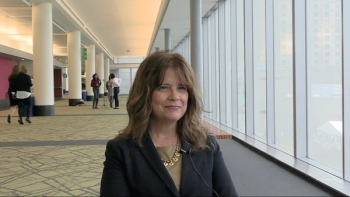
The director of the Sleep Disorders Center and staff in the Epilepsy Center at Cleveland Clinic discussed how additional sensors in seizure monitoring for patients with epilepsy may help better manage the risk of SUDEP. [WATCH TIME: 3 minutes]
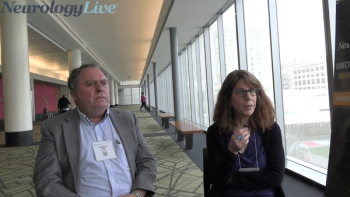
The medical director of the Center for Neurological Disorders at the University of Toledo discussed positive phase 3 findings assessing P2B001, and how the agent would potentially fit in the Parkinson treatment landscape. [WATCH TIME: 4 minutes]
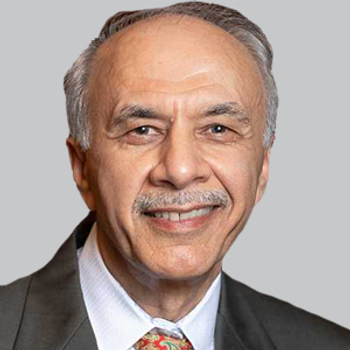
After 66 weeks of treatment, patients on eplontersen showed sustained reduction in TTR concentration, halted progression of neuropathy impairment, and improved quality of life.
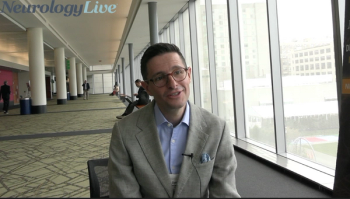
The associate professor of neurology at the Cleveland Clinic Lerner College of Medicine of Case Western University discussed a presentation at AAN 2023 characterizing the clinical and MRI features of Latinx with multiple sclerosis. [WATCH TIME: 4 minutes]

In comparison with placebo, atogepant 30 mg twice daily and 60 mg once daily resulted in greater reductions in monthly migraine days, as well as proportion of patients with at least 50% reduction in 3-month average of MMDs.
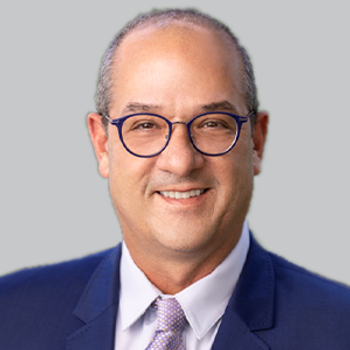
The chief medical officer and cofounder of CND Life Sciences, who served as principal investigator of the study, offered insight into the Syn-ONe Test's clinical utility.

The pump, attached to a wearable retainer, continuously delivers the liquid medication with little to no adverse effects.

The treatment was superior in preventing on-trial relapse in both the monotherapy and immunosuppressive therapy groups compared with placebo in the CHAMPION-NMOSD trial.
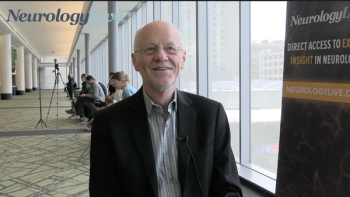
The professor of neurology at King’s College, London, spoke about the phase 3 ELEVATE trial investigating atogepant for episodic migraine at the 2023 AAN Annual Meeting. [WATCH TIME: 5 minutes]
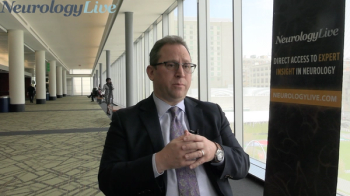
The head of the Stroke Program and Medical Director of the Comprehensive Stroke Center at Cleveland Clinic provided perspective on the ENRICH trial, the first positive surgical trial for intracerebral hemorrhage. [WATCH TIME: 5 minutes]

CND Life Sciences’ α-synuclein skin biopsy test showed sensitivity rates ranging from 92.7% to 100% across a number of assessed and clinically confirmed synucleinopathies, including Parkinson disease and dementia with Lewy bodies, among others.

A greater proportion of patients on ubrogepant reported absence of moderate-to-severe intensity headache within 48 hours, ability to function normally, and absence of headache of any intensity.
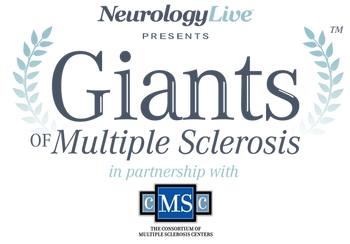
Giants of Multiple Sclerosis is a premier neuroscience award that celebrates pioneers, innovators, and difference makers who have been selected by their peers for their remarkable achievements in multiple sclerosis.
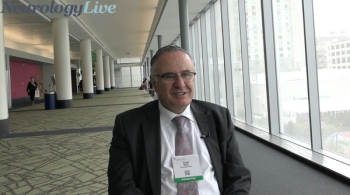
The director of Cleveland Clinic’s Epilepsy Center provided an update on the World Brain Study, a large-scale, longitudinal study aimed to observe the early, underlying changes in neurological disorders. [WATCH TIME: 9 minutes]

The president elect of the Association of University Professors of Neurology provided thoughts on the promising concepts in neurology and the reasons young medical professionals should join the field.
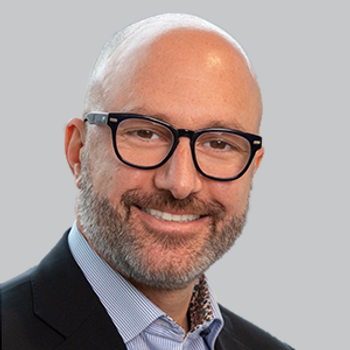
In single-ascending dose and multiple-ascending dose studies, no clinically meaningful changes were noted in hematology, chemistry, vital signs, or electrocardiogram parameters.
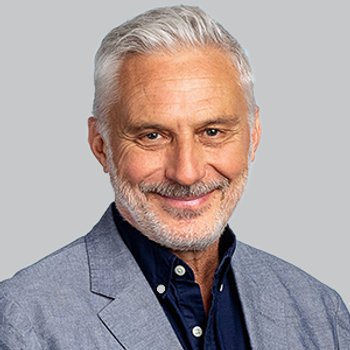
Neurona Therapeutics’ single-administration allogeneic cell therapy suggests thus far that the treatment is safe, with signs of efficacy, after reading out data from the first 2 patients dosed.
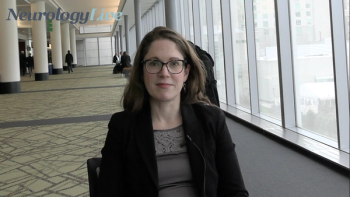
The behavioral neurologist at VA Boston Healthcare System talked about screening patients for mild cognitive impairment to improve diagnosis in Alzheimer disease at the 2023 AAN Annual Meeting. [WATCH TIME: 5 minutes]

After 192 weeks, more than 90% of patients on ocrelizumab had no relapses and slightly more than 80% had no 24-week confirmed disability progression.